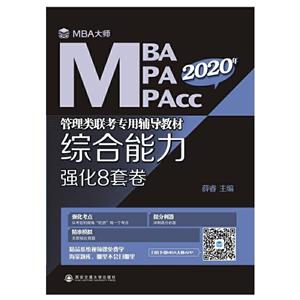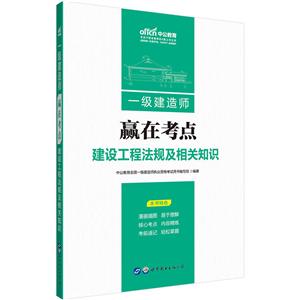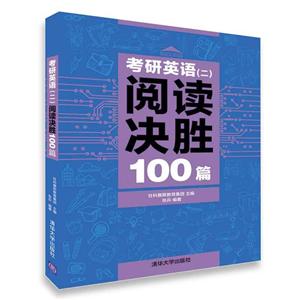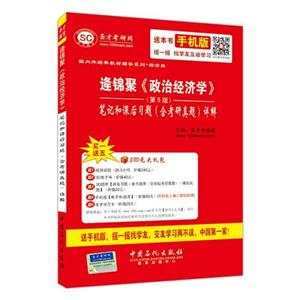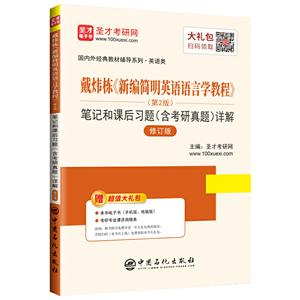全国高等学校外语教师丛书.理论指导系列词汇研究

|
全国高等学校外语教师丛书.理论指导系列词汇研究作者:(英)施密特(Norbert Schmi 开 本:16开 书号ISBN:9787513552516 定价: 出版时间:2015-01-01 出版社:外语教学与研究出版社 |
全国高等学校外语教师丛书.理论指导系列词汇研究 内容简介
词汇在语言习得与应用中从来都占据着重要的位置,对这个问题的研究也是方兴未艾。施密特著的《词汇研究》在综述各种词汇研究方法的基础上,对如何实施效度和信度兼备的母语及二语词汇研究提出了实用的建议,帮助读者进行有效的词汇研究。 全书共四部分。靠前部分对已有的词汇研究进行回顾,提出在设计词汇研究时必须要考虑的关键问题。第二部分阐述词汇研究的基础,如词汇研究应包括的因素,以及词汇研究应关注的一个典型现象——语块现象。第三部分探讨词汇研究的实施细则,如研究方法和研究对象的选择、研究结果的解读和汇报等:并对如何测量词汇进行详尽阐述。很后一部分介绍词汇研究资源,包括研究工具、语料库、词汇表、网站、文献以及该研究领域的代表人物等。
本书既可作为研究生、高年级本科生学习词汇研究方法的教材,又可作为该领域研究者的重要参考资料。
全国高等学校外语教师丛书.理论指导系列词汇研究 目录
总序导读
Preface
Acknowledgements
Quick Checklist(Principal sections which discuss these issues)
Part 1 Overview of Vocabulary Issues
1 Vocabulary Use and Acquisition
1.1 Ten key issues
1.2 Vocabulary and reading
1.3 A sample of prominent knowledge gaps in the field of
vocabulary studies
Part 2 Foundations of Vocabulary Research
2 Issues of VocabularyAcquisition and Use
2.1 Form-meaning relationships
2.2 Meaning
2.3 Intrinsic difficulty
2.4 Network connections(associations)
2.5Frequency
2.6 L1 influence on vocabulary learning
2.7 Describing different types of vocabulary
2.8 Receptive and productive mastery
2.9 Vocabulary learning strategies/self-regulating behavior
2.10 Computer simulations ofvocabulary
2.11 PsychOIinguistic/neurolinguistic research
3 Formulaic Language
3.1 IdentmcatiOn
3.2 Strength of association——hypothesis tests
3.3 Strength of association——mutual information
3.4 A directional measure of collocation
3.5 Formulaic language with open slots
3.6 Processing formulaic language
3.7 Acquisition of formulaic language
3.8 The psycholinguistic reality of corpus-extracted
formulaic sequences
3.9 Nonnative use of formulaic language
Part 3 Researching Vocabulary
4 Issues in Research Methodology
4.1Qualitative research
4.2 Participants
4.3 The need for multiple measures of vocabulary
4.4 The need for longitudinal studies and delayed posRests
4.5 Selection oftarget lexical items
4.6 Sample size of lexical items
4.7 Interpreting and reporting results
5 Measuring Vocabulary
5.1Global measurement iSSHeS
5.2 Measuring vocabulary size
5.3 Measuring the quality(depth)ofvocabulary knowledge
5.4 Measuring automaticity/speed of processing
5.5 Measuring organization
5.6 Measuring attrition and degrees ofresidual lexical retention
6 Example Research Projects
Part 4 Resources
7 Vocabulary Resources
7.1Instruments
7.2 Corpora
7.3COncOrdancers/tools
7.4 Vocabulary lists
7.5Websites
7.6 Bibliographies
7.7 Important personalities in the field of vocabulary studies
Notes
1 Vocabulary Use and Acquisition
2 Issues of Vocabulary Acquisition and Use
3 Formulaic Language
4 Issues in Research Methodology
5 Measuring Vocabulary
6 Example Research Proj ects
7 Vocabulary Resources
References
Index

教材 研究生/本科/专科教材 公共课
在线阅读
- 最新内容
- 相关内容
- 网友推荐
- 图文推荐
上一篇:工业机器人(第3版)/十二五十一五教材
下一篇:建筑工程计量与计价(第2版)/闫瑾
零零教育社区:论坛热帖子
| [高考] 2022 西安电子科技大学《软件工程》大作业答案 (2022-04-25) |
| [家长教育] 孩子为什么会和父母感情疏离? (2019-07-14) |
| [教师分享] 给远方姐姐的一封信 (2018-11-07) |
| [教师分享] 伸缩门 (2018-11-07) |
| [教师分享] 回家乡 (2018-11-07) |
| [教师分享] 是风味也是人间 (2018-11-07) |
| [教师分享] 一句格言的启示 (2018-11-07) |
| [教师分享] 无规矩不成方圆 (2018-11-07) |
| [教师分享] 第十届全国教育名家论坛有感(二) (2018-11-07) |
| [教师分享] 贪玩的小狗 (2018-11-07) |

